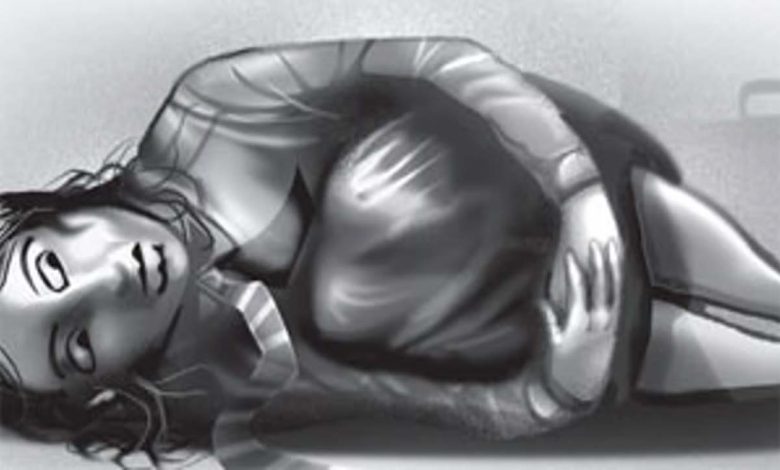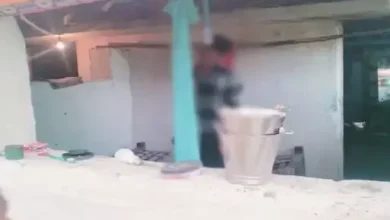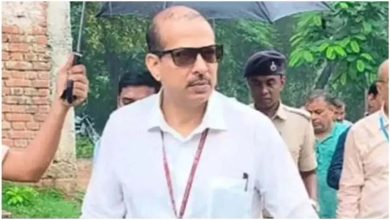Preemptive steps at schools can stop sexual abuse

Safeguarding from sexual abuse is fundamental to any facility that provides services to children. With increasing school enrolment at the core of all child-related policies and schemes, schools need to be at the frontline of child protection. Not only is it the one social institution outside the family with which most children have consistent contact, but it is also a place where a large part of a child’s truly “awake” time is spent.
In June 2021, the Tamil Nadu School Education Department issued G.O. No. 83 that laid out a school’s responsibility in addressing sexual violence in school-based settings in the state. Earlier, it was a rare instance when an issue of child protection was recognised as integral to children’s engagement with school.
The order outlines the framework for prevention and redress of sexual violence. It also created compliances to ensure that a school environment is safe. It validates the reality that a child with a roof over his head, three square meals, whose health needs are met, could still be one vulnerable to sexual abuse.
After it’s passed, unfortunately, much of these compliances are yet to be fully implemented and the order seems to have sunk into such oblivion that there was not even a mention of it in the chief secretary’s guidelines for the District Education Review issued last month. The only allusion to safety compliance in the guidelines is adherence to standards for school buildings and facilities.
Further, the fact that district child protection officers are not included in the District Level Monitoring Committee envisaged in the guidelines, is by itself a telling comment. In the context of the police, a reference is only made to substance abuse, while for social welfare (the only time child protection is mentioned), mention is limited to three sentences on child marriage.
Yet not a week goes by without the media reporting on at least two allegations of school-based child sexual abuse. Like all reporting to authorities, this is but the tip of the iceberg. The instances reported include educator misconduct and peer-to-peer abuse. For many children, school and teachers are their safe spaces, and as a result they make disclosures of abuse happening in other locales.
TN is no different from the rest of the world with regard to school-based sexual violence – there are over 100 cases reported to the police against school personnel pending. This does not even take into account cases of peer-to-peer abuse which are dismissed as insignificant. Most often, inquiries by the school education department are completed but no final action is taken until the court case is over. As a result, in the intervening period, alleged abusers are merely transferred to another school despite the grave consequence of them being given access to a fresh set of children to abuse.





